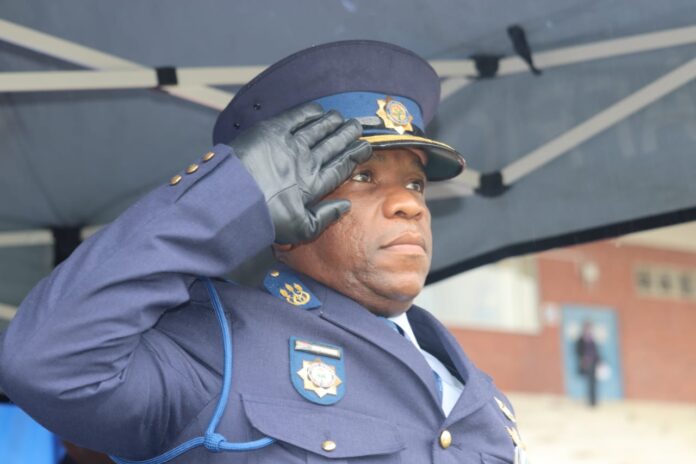KwaZulu-Natal Police Officer Claims Colleagues Kidnapped and Tortured Him in R200,000 Bribe Scandal
In a shocking turn of events, a Kwazulu-Natal police officer has accused his own colleagues of kidnapping, torture, and demanding a R200,000 bribe in exchange for his freedom. The stunning allegations were made by suspended cop Samkeliso Mlotshwa, who was arrested in Mozambique last year in connection with the high-profile kidnapping of KZN businessman Zakariyya Desai. Mlotshwa's claims are now central to a formal commission of inquiry ordered by President Cyril Ramaphosa into alleged criminality and corruption within the criminal justice system.
Mlotshwa was one of three men accused in the kidnapping and extortion of Desai, from whom a staggering R35-million ransom was allegedly demanded. His co-accused were Esmael Maulide Ramos Nangy and Setefane Pereira da Costa Brites. Mlotshwa’s version of events is contained in an affidavit he submitted during his bail hearing at the Ilembe Magistrate's Court, where the charges against him were eventually withdrawn.
In the affidavit, now a public record to be scrutinised by the Madlanga Commission of Inquiry, Mlotshwa alleges that his cross-border arrest was unlawful. He claims that after his arrest, he was transferred to the Kwadukuza SAPS on November 29 last year, where his ordeal took a grotesque turn.
He describes a chilling account of torture at the hands of law enforcement officers. "The police then woke me up in the evening and took me to an office upstairs, where they beat me. They beat me and said that I am going to write a confession, and I said no, but because of the beatings, I signed some document."
Mlotshwa’s detailed description of the torture is harrowing. “These beatings were physical on my body, being beaten and hanged. They call it hanging, which is when they put the steel pipe underneath your feet and wrists, where your hands are cuffed. When I moved the weight, all the weight that I was carrying was placed on my arms. Then they were putting an evidence bag (or what appeared to be) with water, choking me while others [were] beating [me].”
During the ordeal, Mlotshwa claims the police repeatedly demanded to know the whereabouts of Desai. "They took me with my face covered into the bush, where they beat me," he stated in the affidavit.
According to Mlotshwa, his captors initially asked for a bribe of “one million meticais,” which he estimated to be “close to R200,000.” He claims he refused to pay, insisting he did not have such money. “I said I was going to South Africa, and I do not have such money.” When he refused, he alleges the officers threatened to detain him as an illegal immigrant.
Mlotshwa further stated that after he refused to pay the bribe, he was handed over to Hawks police officers at the Lebombo border post. He claims that protocol was ignored, and a confession was arranged not before a magistrate, but before “Colonel Ngobane from the same station because they could not find a magistrate.” Mlotshwa insists the confession was forced out of him due to “severe duress.”
The state's case, according to documents attached to Mlotshwa’s bail application, was that he and "persons unknown" acted in "common purpose" to commit the crimes. Mlotshwa's legal team pointed to a crucial detail: a SAPS attendance log that showed Mlotshwa was hundreds of kilometres away in Komatipoort on the day of Desai's kidnapping.
While the criminal case against him collapsed in February, Mlotshwa’s claims are now at the heart of an ongoing probe by the Independent Police Investigative Directorate (Ipid) into the leadership of the KZN police force.
The Ipid investigation has already named KZN’s top cop, Lieutenant-General Nhlanhla Mkhwanazi, and several senior Hawks and metropolitan police officers. The allegations against them include a web of serious crimes such as abduction, torture, arson, perjury, and illegal extradition.
President Cyril Ramaphosa has since ordered a formal commission of inquiry to get to the bottom of the claims. When approached for comment, Ipid spokesperson Lizzy Suping told Sunday World that the directorate will “not comment on media enquiries falling within the scope of the commission.”

Follow Us on Twitter











